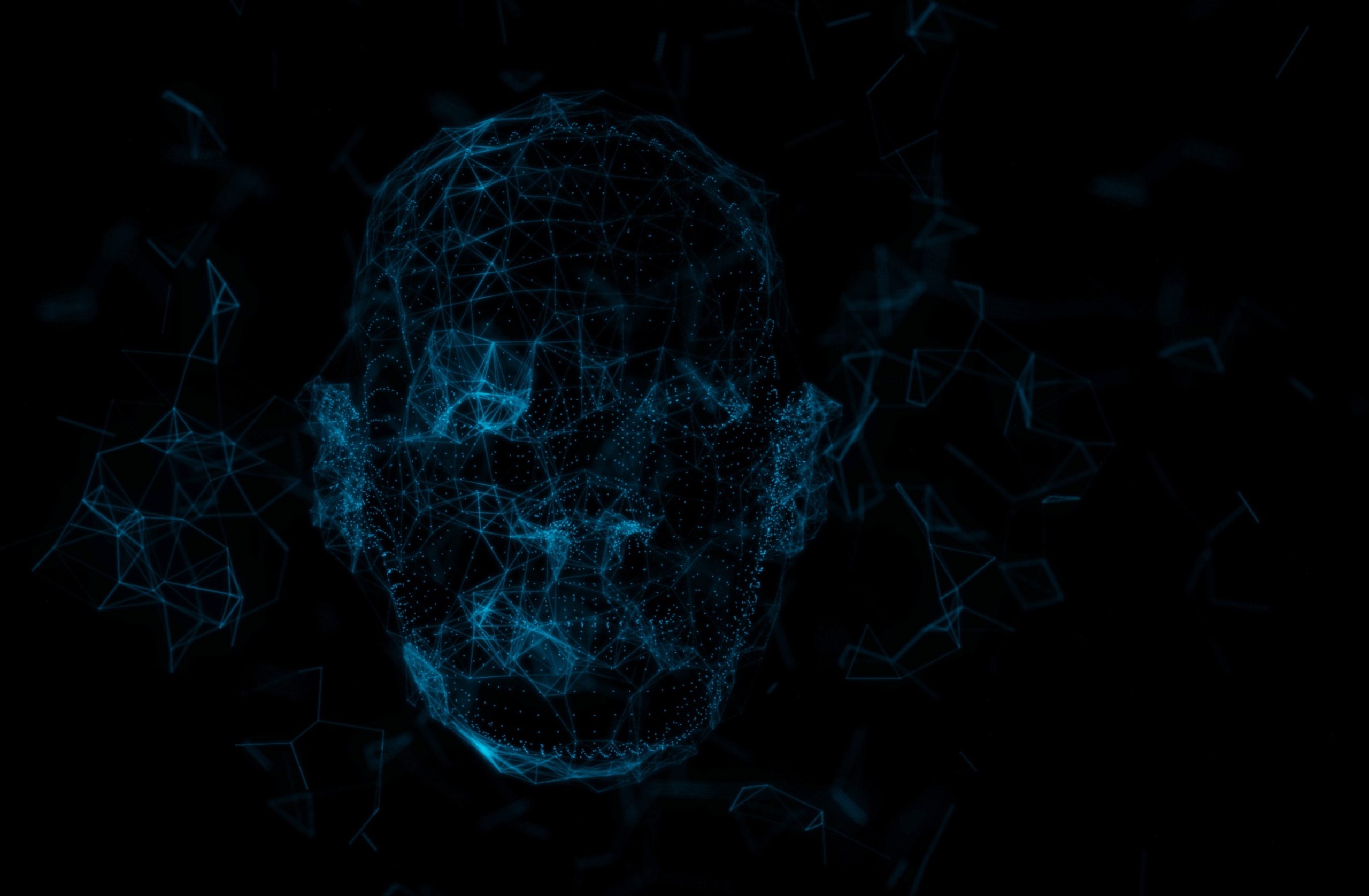How Flawed Facial Recognition Technology Resulted in a Fresh Wrongful Arrest
The Detroit Police Department’s Use of Flawed Facial Recognition Technology
The use of facial recognition technology by the Detroit Police Department (DPD) has come under scrutiny once again, as another innocent person has been wrongly arrested due to a flawed facial recognition match.
Details of the Case
- Porcha Woodruff, an African American woman who was eight months pregnant at the time, is the sixth individual to come forward and report being falsely accused of a crime because of the controversial technology.
- Woodruff was accused of robbery and carjacking, despite the allegation being nonsensical given her pregnancy.
- This incident is notable as Woodruff is the first woman to report such an incident happening to her.
Concerns over Wrongful Arrests
- All six victims known by the American Civil Liberties Union (ACLU) who have been falsely accused due to flawed facial recognition matches have been African Americans.
- This marks the third known allegation of a wrongful arrest in the past three years attributed to the Detroit Police Department’s reliance on inaccurate facial recognition matches.
- Robert Williams is currently pursuing a lawsuit against the DPD for his wrongful arrest in January 2020 due to the same faulty technology.
Criticisms of Facial Recognition Technology
- Facial recognition technology has faced criticism for its accuracy, racial bias, and potential violations of privacy and civil liberties.
- Studies have shown that these systems are more prone to errors when identifying individuals with darker skin tones, leading to a disproportionate impact on marginalized communities.
- Relying on facial recognition as the sole basis for an arrest poses significant risks and can lead to severe consequences for innocent individuals.
Calls for Transparency and Accountability
- Civil rights organizations are urging the Detroit Police Department to halt its use of facial recognition until the technology is thoroughly vetted and proven to be unbiased and accurate.
- There is a growing demand for transparency and accountability in the use of facial recognition technology.
Public Reaction and Expectations
As the case unfolds, the public is keeping a close watch on how the Detroit Police Department will respond to the mounting pressure to address concerns about the misuse of facial recognition technology and its impact on the rights and lives of innocent individuals.
Conclusion
The Detroit Police Department’s use of flawed facial recognition technology has raised serious concerns about wrongful arrests and the potential bias and inaccuracies of the system. It highlights the need for transparency, accountability, and further scrutiny of facial recognition technology in law enforcement.


